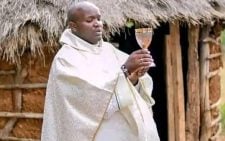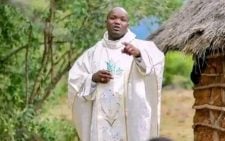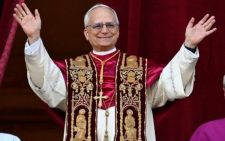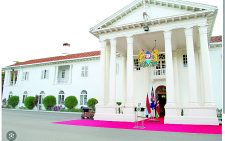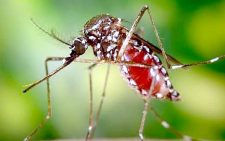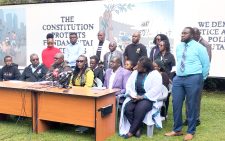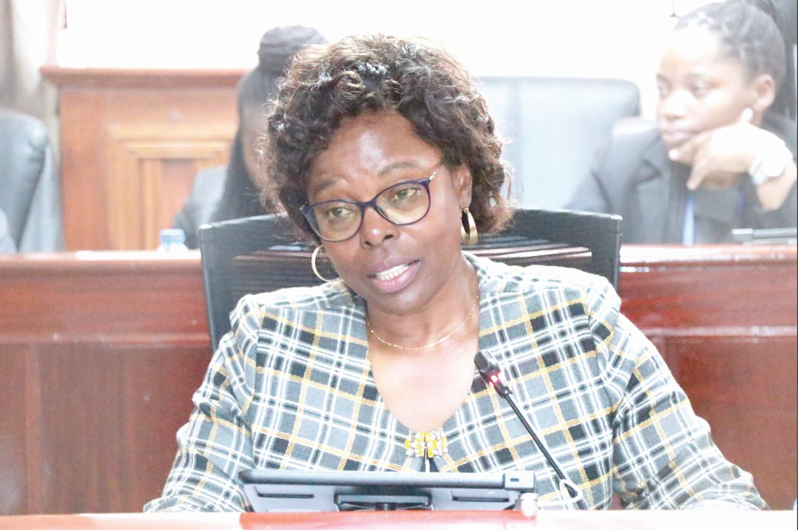The green Pontiff who made plane this pulpit
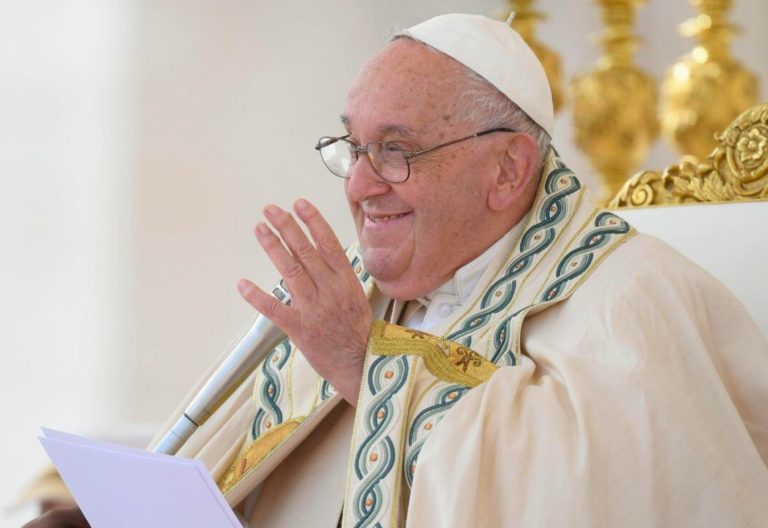
As the world mourns the passing of Pope Francis, his legacy endures not only within the walls of the Catholic Church but far beyond them. It is etched into the global conscience through his unwavering advocacy for climate justice and care for creation.
The death of the pontiff comes poignantly during the 10th anniversary of Laudato Si’, his groundbreaking 2015 encyclical that addressed the “care for our common home” in the face of escalating planetary crisis.
For many, Laudato Si’ marked a turning point, not just for the Church, but for the broader environmental movement bridging faith, science, and action. Pope Francis’s influence reached a historic peak ahead of the 2015 Paris Climate Agreement. Published just months before global leaders convened, Laudato Si’ made a bold and timely call to action.
The document urged nations to limit global temperature rise to 1.5°C a target that has since become a cornerstone of climate negotiations. The Vatican itself became a signatory to the Paris Agreement, affirming that ecological responsibility is a moral and spiritual imperative.
But it wasn’t just the diplomacy or global summits that defined his papacy, it was the grassroots movement he inspired. Through the Laudato Si’ Action Platform, Pope Francis mobilised Catholic institutions to draft and implement environmental action plans.
To date, the platform has reached over 20 million people globally, embedding ecological consciousness in parish life, Catholic schools, hospitals, and communities. Seasonal observances like the Season of Creation, Laudato Si’ Week, and the World Day of Prayer for the Care of Creation, co-sponsored by the Vatican, have become annual events of reflection and action.
Millions now engage with these moments, transforming ecological awareness into a mainstream part of Catholic spiritual life. “His teachings didn’t stay confined within Church documents. Pope Francis’s leadership inspired other faith traditions to rise to the environmental challenge. He convened over 50 faith leaders at the Vatican before COP26, resulting in a powerful multi-faith statement urging global action.
The emergence of Al Mizan, known as the “Muslim Laudato Si’,” is a testament to this interfaith inspiration,” says Bishop James Wainaina of the Catholic Diocese of Muranga.
The global green Pope
His work has not only been recognised by church leaders. Climate and environmental leaders around the world have honoured his unique and transformative role.
Mark Campanale, founder of Carbon Tracker, an independent financial think tank which provides in-depth analysis on the impact of climate change on capital markets and investment in fossil fuels says Pope Francis was a visionary leader who sparked lasting momentum for a just transition away from fossil fuels. His message, according to him, planted seeds of ethical awareness that will bear fruit for generations.
On her side, Tzeporah Berman, architect of the Fossil Fuel Nonproliferation Treaty, praises the Pope’s moral authority in challenging governments that deny or delay climate action. According to her, his leadership shed new light on the climate crisis that affects us all.
“On matters solar energy Pope embraced this both literally and spiritually. Under his watch, Vatican City moved toward becoming the only nation powered en pel’s call to serve the poor. Mary Robinson, former President of Ireland and founder of Project Dandelion, remembered him as a leader who reminded the world that the climate crisis is a moral challenge.
His voice echoed on behalf of those least responsible for emissions but most affected by climate change: the poor, the marginalized, and future generations.
“He urged a new kind of solidarity rooted in compassion, justice, and the understanding that we are all connected,” Robinson said. This message resonates deeply with bishops around the world. Bishop Allwyn D’Silva of Asia says that Pope had gift for articulating integral ecology a holistic view that connects environmental justice with human dignity and economic equity.
His words, such as “The cry of the earth is the cry of the poor,” were simple and touched hearts and inspired action.
Doctrinal and cultural shift
But what made Pope Francis’s more famous? According to Bishop Serverus Jjumba of Uganda the most radical act of giving Laudato Si’ the status of an encyclical a formal and authoritative papal document meant to guide the Church’s doctrine is what made him more famous.
For the first time in Catholic history, a pope elevated care for the environment to such a theological level, stating unequivocally that ecological destruction is a sin against God’s creation.
According to him, crafting the document to be a document for all faiths and cultures was another vital ingredient that built synergies across the board to solve the climate crisis.
“Pope Francis chose to exceptionally promote integral ecology when he published, for the first time in the history of the Church, teaching on stewardship consolidated in one single document titled Laudato Si’. This document has built synergies across the board to solve the climate crisis, an issue that must truly be everyone’s concern,” said Jjumba.
Movement born from a message
Apart from coming up with Laudato Si’, Pope Francis also led to the emergence of Laudato Si’ Movement. The global network now spans 140 countries, leading community-based ecological initiatives.
Its documentary, featuring the Pope and frontline climate defenders, has reached over 10 million viewers, further spreading his message of hope and stewardship.
According to Dr Lorna Gold, executive director of the movement, even as millions remember him with reverence and gratitude, they must also uphold his powerful message:
“The world is a gift we have freely received, and must freely share. Because all of us are linked by unseen bonds, and together we form a kind of universal family.” His words should remain a lasting call to action.
